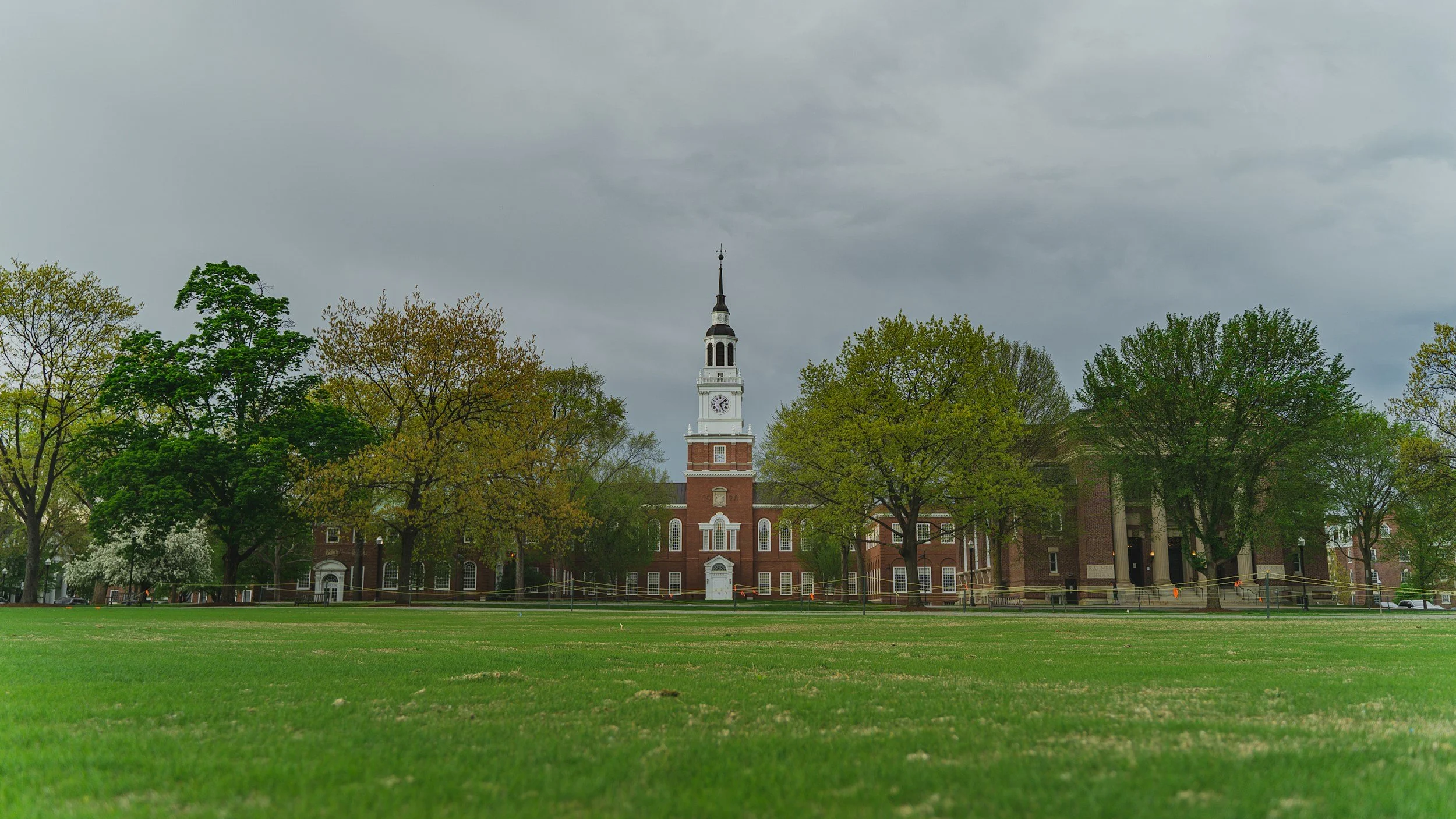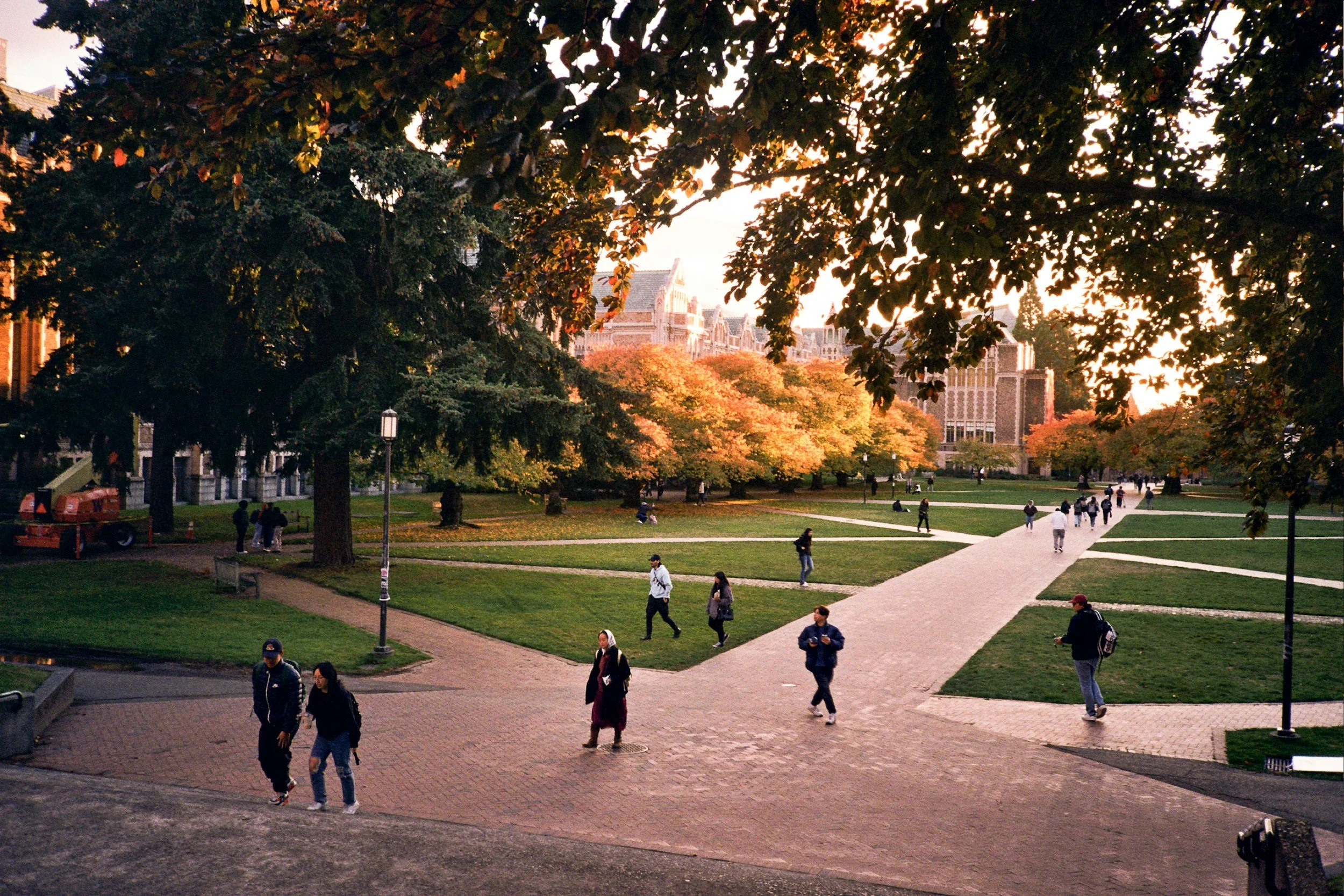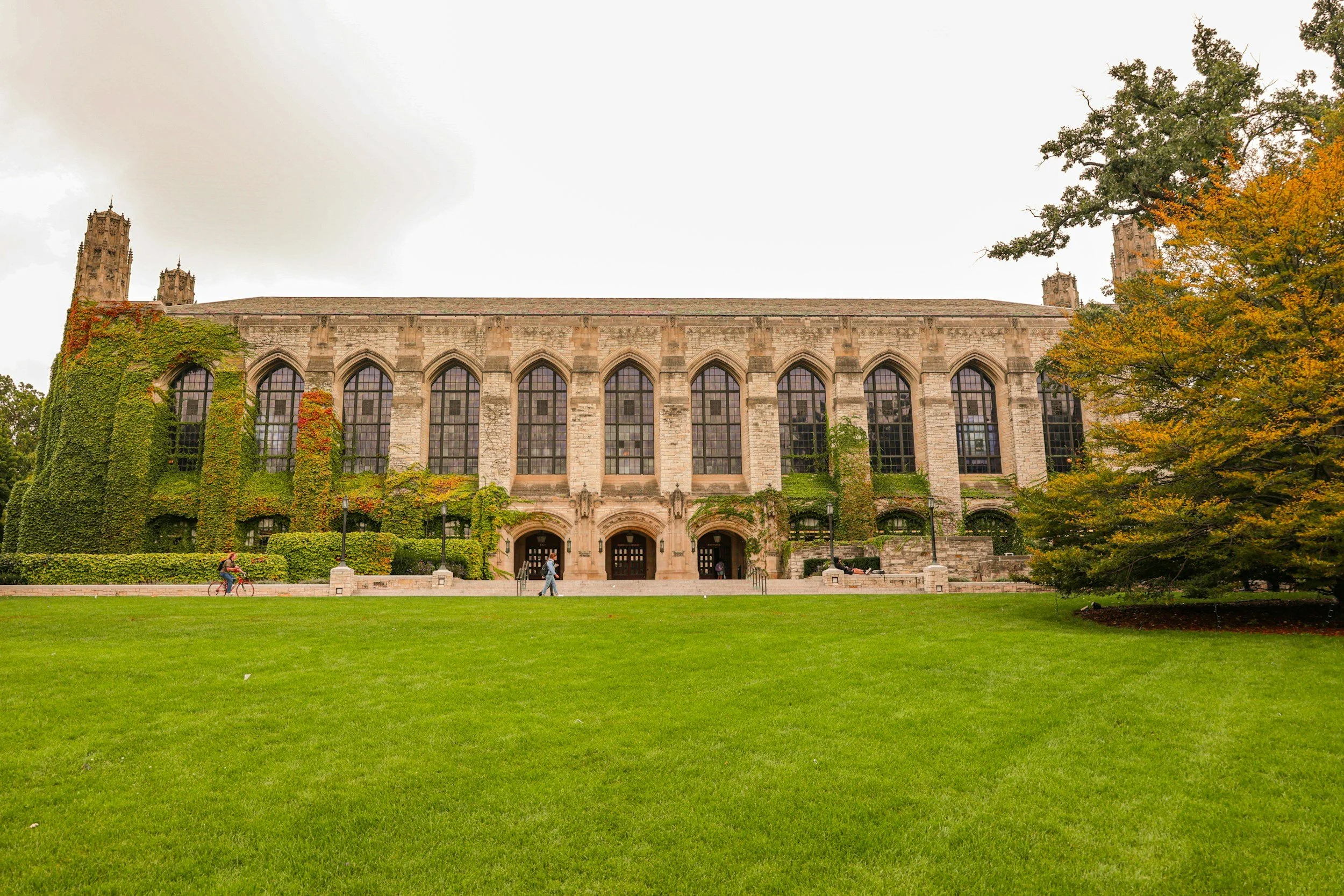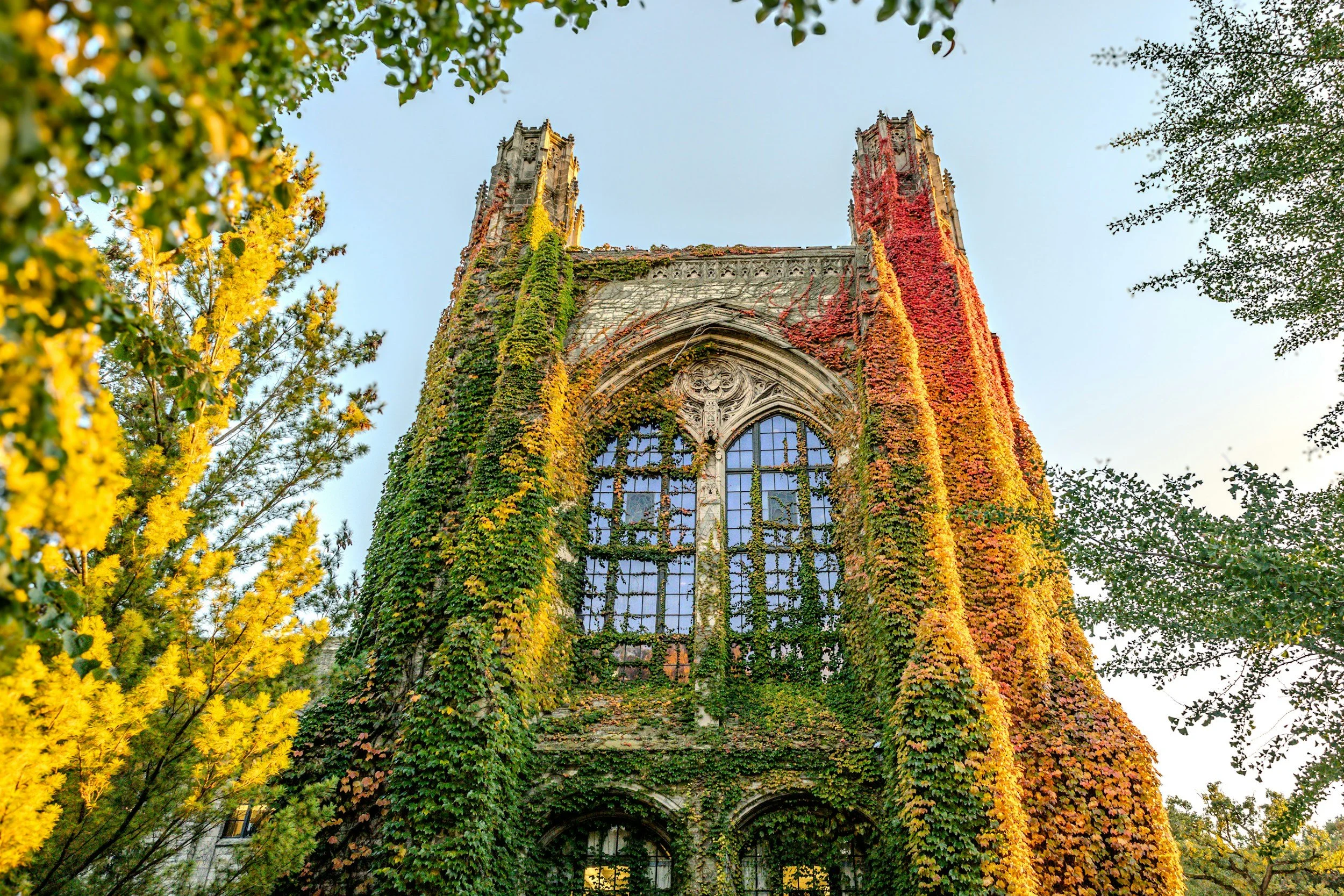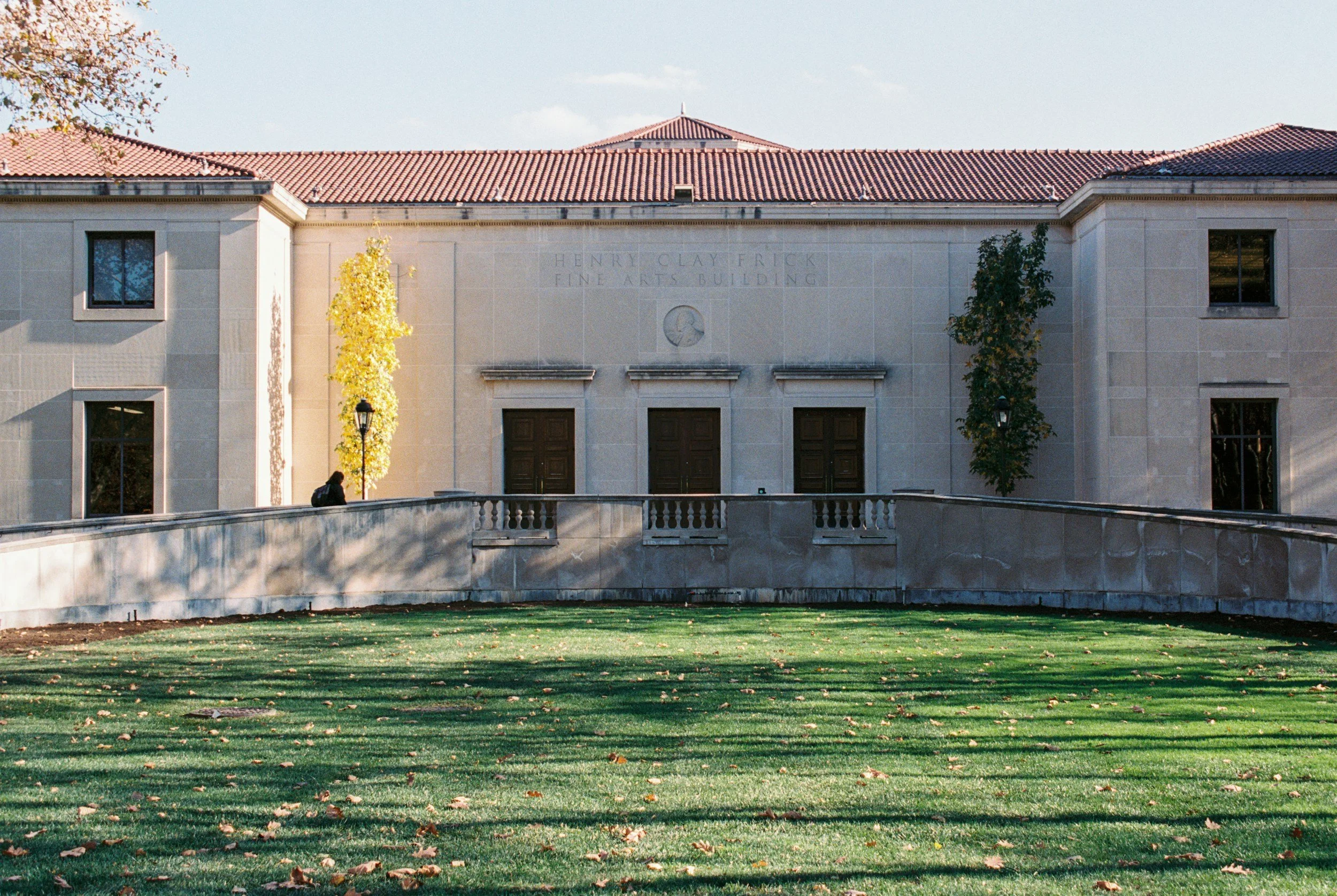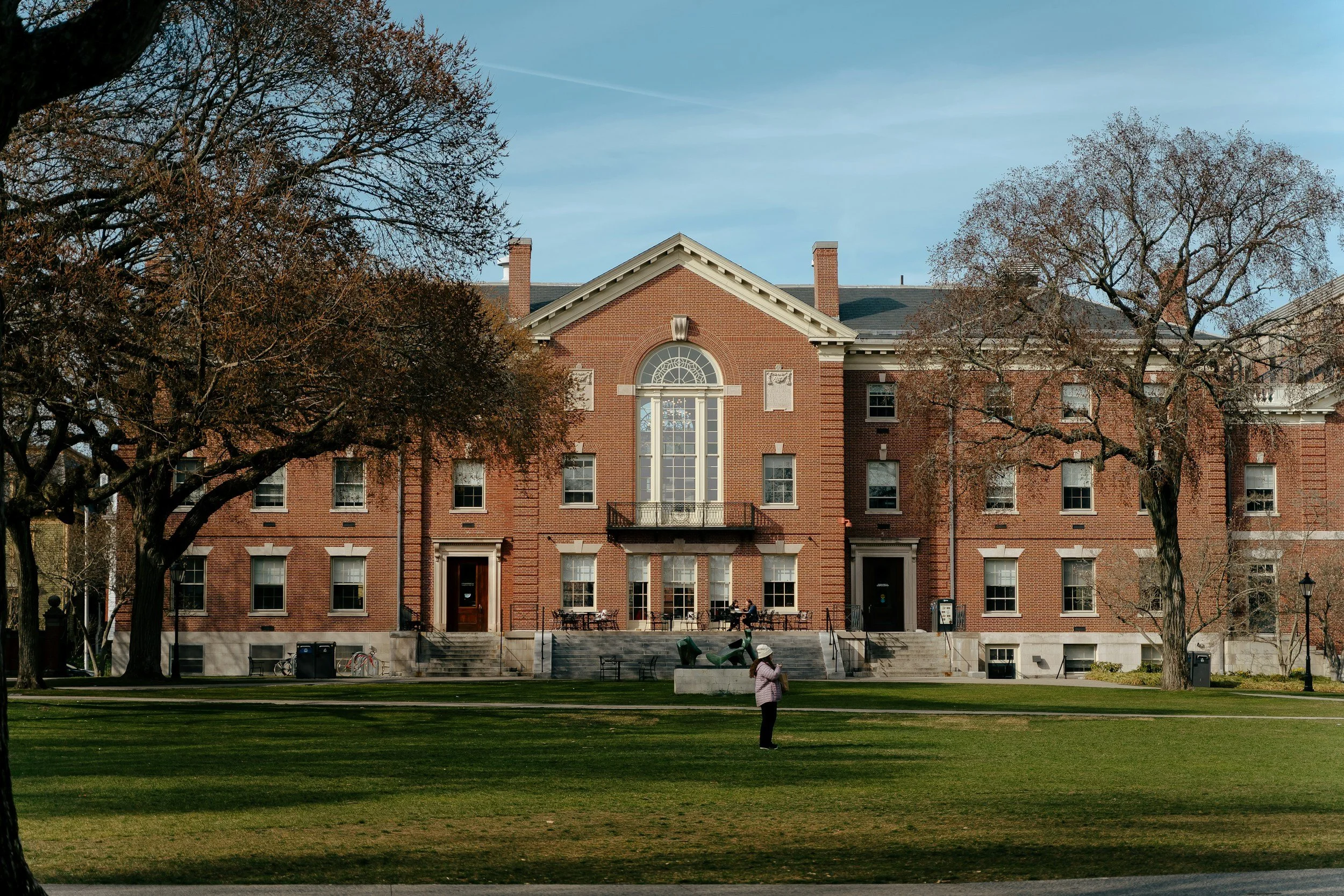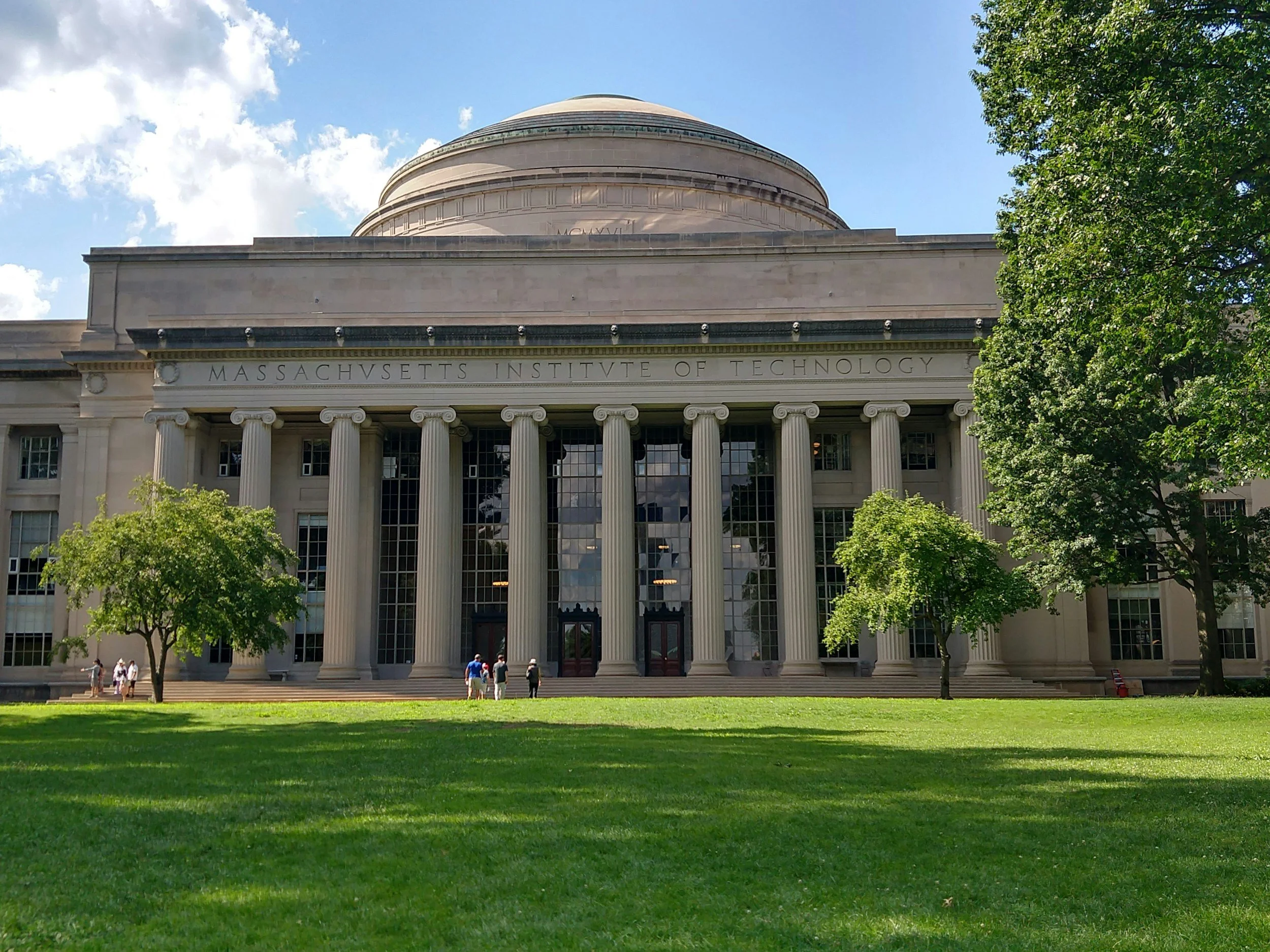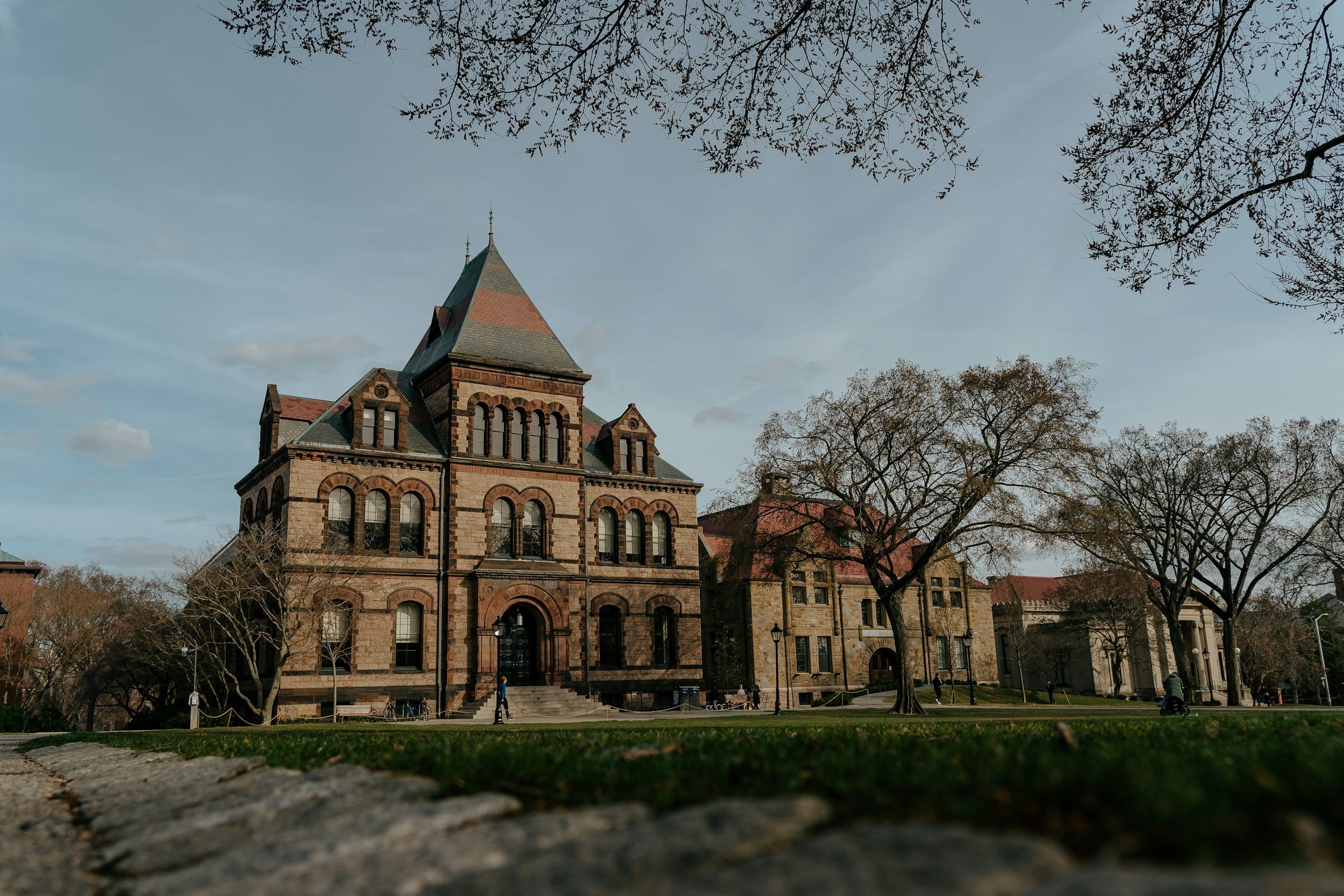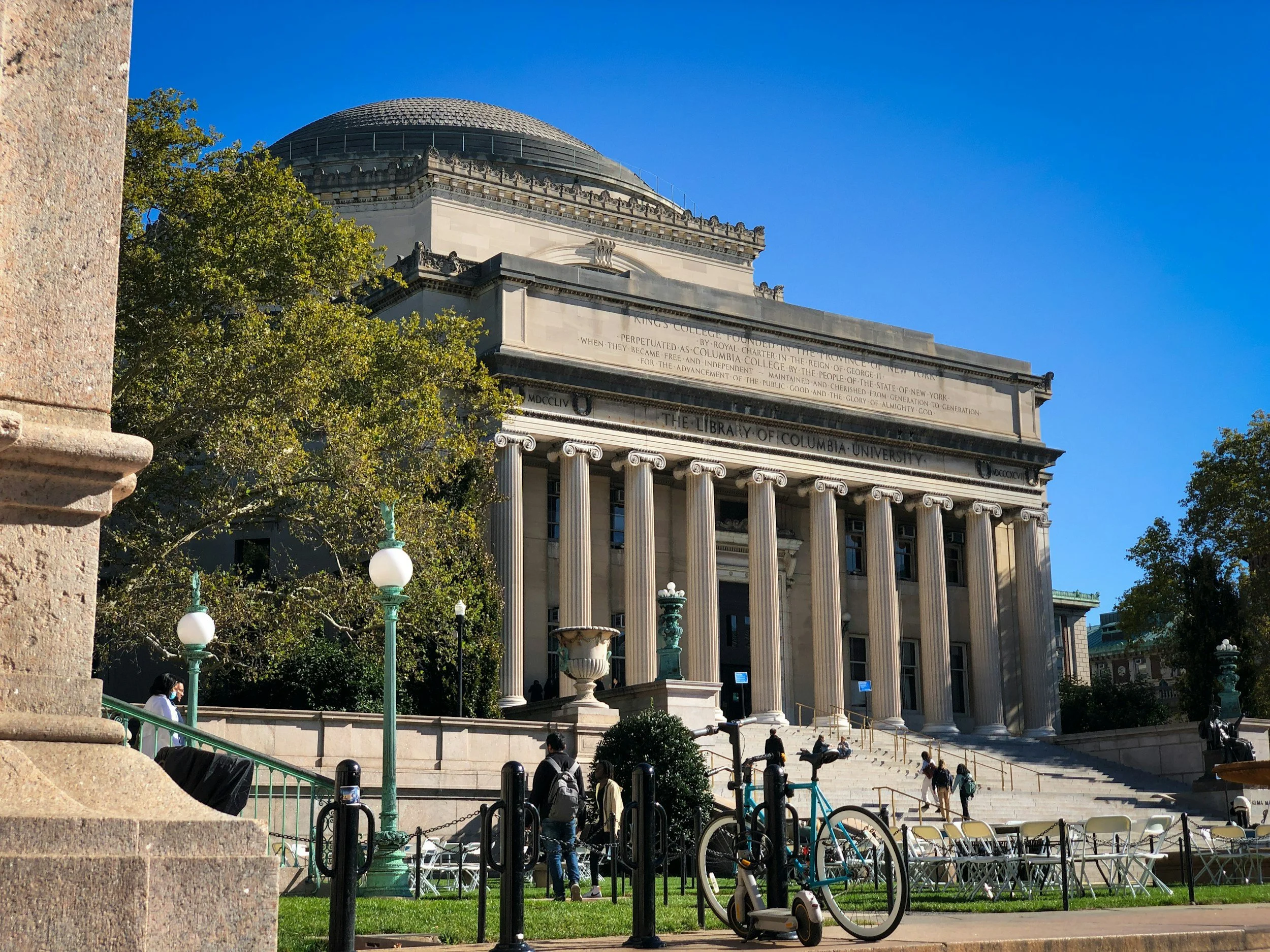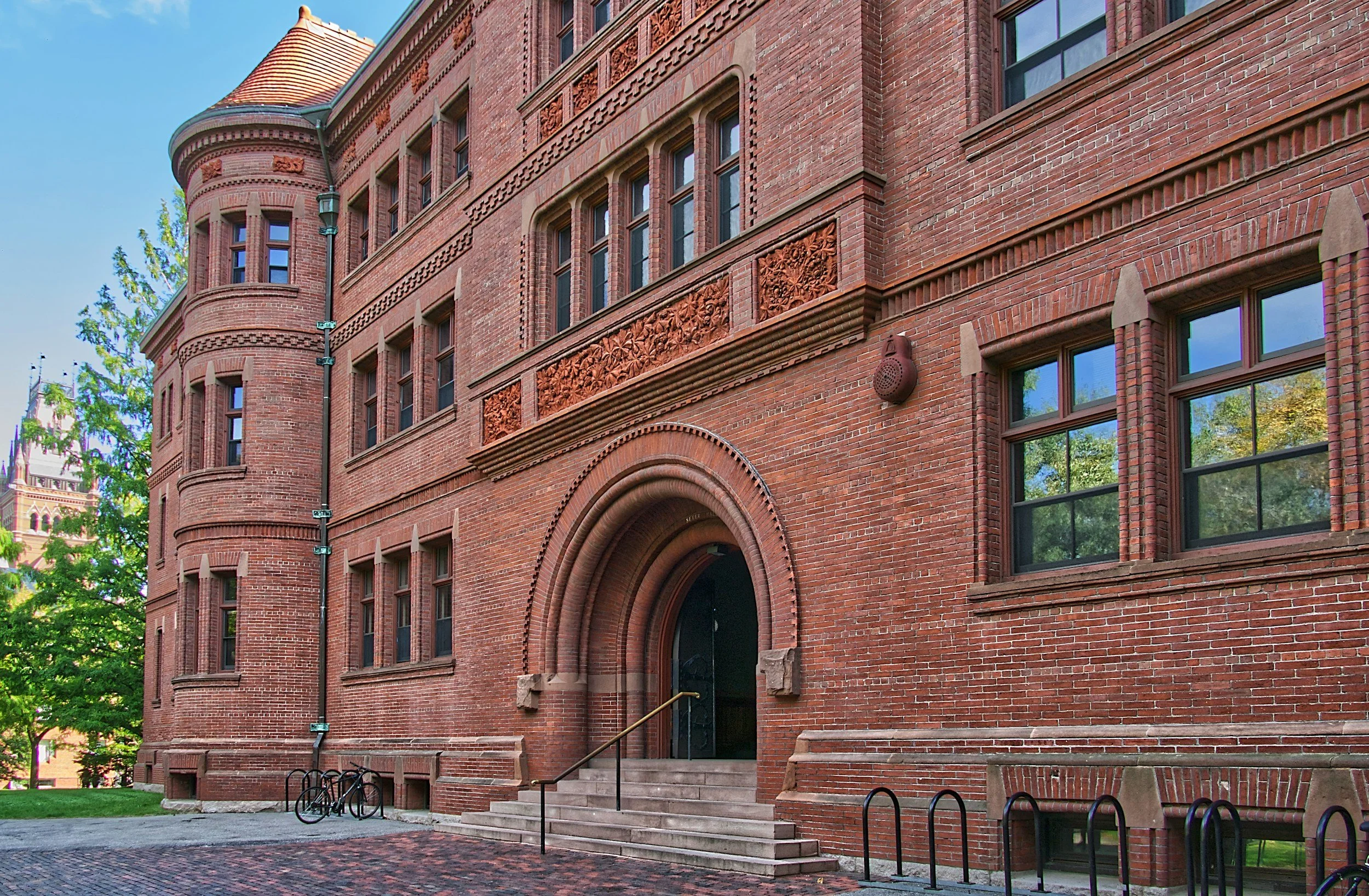Do Colleges Want Well‑Rounded Students? Myth vs Reality
The Death of the "Well-Rounded Student": How Elite Colleges Really Choose Their Freshmen
The admissions strategy that worked for your parents' generation might actually hurt your chances today
If you're a high school student trying to get into Harvard, Stanford, or MIT, chances are someone has told you to be "well-rounded." Join the debate team AND play varsity soccer AND volunteer at the hospital AND lead student government AND master the violin. Sound familiar?
Here's the truth that might surprise you: elite colleges don't want well-rounded students anymore. They want well-rounded classes made up of passionate specialists.
This isn't just a minor shift in admissions preferences—it's a complete philosophical transformation that's been decades in the making. Understanding this evolution could be the difference between crafting an application that stands out and one that gets lost in the pile of "pretty good at everything" candidates.
The Rise and Fall of the Well-Rounded Ideal
When "Doing It All" Actually Worked (1920s-1960s)
The well-rounded student ideal wasn't born from educational theory—it was created as a gatekeeping mechanism. In the 1920s, as standardized testing began opening Harvard's doors to academically gifted students from diverse backgrounds (including a growing number of Jewish students), the administration panicked. President A. Lawrence Lowell feared that too many "undesirable" students would "destroy the school."
The solution? Redefine merit entirely.
Harvard, Yale, and Princeton pioneered "holistic admissions," suddenly valuing character, leadership, athletics, and personality alongside academics. This wasn't about finding better students—it was about finding the "right kind" of students. The ideal became the "gentleman scholar-athlete": someone who excelled academically while also lettering in sports, leading clubs, and demonstrating the proper social graces.
This approach worked exactly as intended. By 1933, Harvard had effectively reduced its Jewish enrollment from 21% back down to 15% without officially implementing quotas. The well-rounded ideal became entrenched because it served institutional goals while maintaining a veneer of fairness.
For decades, this system persisted. Admissions committees rated applicants across multiple dimensions—academic, personal, extracurricular, athletic—with no single area dominating. A student with perfect test scores but no outside interests would lose out to a B+ student who was also class president, varsity captain, and volunteer leader.
The Cracks Begin to Show (1960s-1980s)
The civil rights movement and changing social attitudes began pressuring elite colleges to examine their admissions practices. In 1965, a pivotal moment occurred when Columbia's admissions director made a revolutionary statement to the Wall Street Journal: "We don't want the well-rounded boy so much as the well-rounded student body."
This wasn't just a catchy soundbite—it represented a fundamental shift in thinking. Colleges began realizing that a class filled with identical well-rounded students might actually be less interesting than one composed of different types of excellence. Harvard's admissions dean Fred Glimp argued that "diversity in the student body itself is as potent an educational factor as the faculty and facilities."
But change was gradual. Throughout the 1970s and 1980s, many families and counselors continued preaching the well-rounded gospel, even as admissions offices quietly began valuing "hooks"—special attributes that made students stand out.
The Evolution Timeline: A Century of Changing Standards
To understand how dramatically admissions has changed, let's look at what elite colleges actually valued in each era:
The Evolution Timeline: A Century of Changing Standards
To understand how dramatically admissions has changed, let's look at what elite colleges actually valued in each era:
Pre-1920s: "Best Student" Era
Philosophy: Academic meritocracy
What they wanted: Pure academic merit via standardized tests
Real example: 1905: Harvard adopts College Board exams, opening doors to diverse students. By 1922, ~21% of Harvard freshmen are Jewish based on exam performance alone.
1920s-1930s: "Best Graduate" Era
Philosophy: Holistic "whole man" assessment
What they wanted: Character, leadership, athletics, legacy connections alongside academics. Goal: socially desirable, all-around achievers.
Real example: 1922: Harvard requires personal essays, photos, and religious/ethnic information. Yale/Princeton adopt interviews rating "manliness" and personality.
1940s-1950s: Well-Rounded Archetype
Philosophy: The complete gentleman scholar-athlete
What they wanted: Academic competence PLUS extracurricular distinction, leadership, and proper "character."
Real example: 1950s: Yale admits a weaker academic candidate because "he was more of a guy." Harvard's Dean Bender prefers athletes to avoid a class of bookish students.
1960s: Transition Period
Philosophy: Toward a well-rounded class
What they wanted: Recognition that diverse individual strengths create richer peer learning than uniform generalists.
Real example: 1965: Columbia's dean declares, "We don't want the well-rounded boy so much as the well-rounded student body." Early affirmative action begins.
1970s-1980s: Holistic + Diversity
Philosophy: "Hooks" become important
What they wanted: Affirmative action expands applicant pools. Colleges quietly value special attributes (race, legacy, athletic recruitment, unique talents) to shape classes strategically.
Real example: 1978: Bakke decision legitimizes "educational diversity." Recruited athletes admitted at twice the rate despite lower test scores.
1990s-2000s: "Best Class" Emerges
Philosophy: Specialists in context
What they wanted: Not looking for well-rounded applicants, but a well-rounded class made up of individuals with passion and excellence in specific areas.
Real example: 2001: Princeton's Dean Hargadon: "If we need a quarterback and we've admitted two early, we won't take a third." Harvard's Fitzsimmons describes building a "mosaic of talents."
2010s-Present: "Pointy" Excellence
Philosophy: Passionate specialists + holistic review
What they wanted: Consensus: seek passionate specialists who contribute to a diverse whole. "Depth over breadth" becomes the mantra.
Real example: 2018: Former Stanford officer Grace Kim: "Think of it like a dinner party—each guest brings a unique flavor." The well-rounded student officially becomes a "myth."
This timeline reveals a crucial insight: what worked for previous generations can actually hurt you today. The advice your parents received about being well-rounded isn't just outdated—it's counterproductive in the current admissions landscape.
The Great Pivot: When Specialists Became Kings
Why Colleges Changed Their Minds
Three major factors drove the shift toward specialization:
1. The Application Explosion By the 1990s, elite colleges faced an unprecedented problem: too many qualified well-rounded applicants. When thousands of students arrive with 4.0 GPAs, varsity letters, and student government experience, how do you choose? Distinctive achievements became the key differentiator.
2. Institutional Needs Colleges realized they had specific roles to fill. They needed an oboist for the orchestra, a quarterback for the football team, a published researcher for the science department, and a debate champion for the speech team. Why admit multiple similar generalists when you could strategically build a class like a mosaic?
3. The Diversity Imperative As colleges embraced diversity as an educational value, they recognized that different backgrounds and talents enriched the learning environment. This naturally favored students with unique stories and specialized achievements over cookie-cutter well-rounded profiles.
When the Message Became Clear
By the 2000s, admissions officers were explicitly debunking the well-rounded myth. Former Stanford admissions officer Grace Kim put it perfectly: "They are looking for a well-rounded class even if not each individual student is well-rounded. You can think of it like a dinner party. You want to invite people who will add value to the conversation."
Princeton's admissions dean Fred Hargadon was even more direct: "If we need a quarterback and we've admitted two early, we won't take a third." Harvard's William Fitzsimmons similarly explained that if the class already had enough quarterbacks, they'd use remaining spots for different strengths.
What This Means for Today's Applicants
The Modern Reality: "Pointy" Students Win
Elite colleges now explicitly seek what admissions experts call "pointy" students—those with deep expertise or passion in specific areas. The ideal profile has shifted from being great at many things to being exceptional at one or two things while maintaining competence across the board.
Consider these actual examples from recent Harvard classes:
A published novelist with average math scores
An International Math Olympiad winner who rarely did extracurriculars
A first-generation college student who built a successful social enterprise
A concert-level pianist who also founded a coding club
An Olympic-level athlete with solid but not perfect academics
Each brought something unique that the admissions committee needed to build their ideal class composition.
The "T-Shaped" Profile: Depth Plus Breadth
Modern successful applicants often have what's called a "T-shaped" profile:
The vertical line: Deep expertise, achievement, or passion in one area
The horizontal line: Broad competence and engagement across other areas
This means you still need strong academics and some involvement beyond your specialty, but you don't need to excel at everything. A brilliant scientist who also plays in the jazz band is more compelling than one who mediocrely participates in ten different activities.
What Colleges Look for Now
Instead of asking: "Is this student good at everything?" They ask: "What unique value does this student bring to our class?"
Admissions officers want to see:
Authentic passion that drives genuine achievement
Exceptional accomplishment in at least one area
Intellectual curiosity that extends beyond grades
Leadership and impact rather than just titles
A compelling narrative that explains who you are
Institutional Differences: How Top Schools Vary
While all elite colleges have embraced the specialist approach, they each have their own flavor:
Harvard: Seeks the broadest range of talents and backgrounds, truly building a "mosaic" class with everything from Olympic athletes to published authors to social entrepreneurs.
Stanford: Values innovation and entrepreneurial thinking, often favoring students who've created something new or solved problems creatively.
MIT: Despite being tech-focused, explicitly rejects the stereotype that they only want narrow STEM specialists. They love passionate techies who also engage with arts, humanities, or social causes.
Yale: Known for valuing intellectual curiosity and unconventional thinking, often admitting students with unique academic interests or approaches.
The Persistence of the Myth
Despite clear messaging from colleges, the well-rounded myth persists among many families. Why?
Generational advice: Parents and older counselors still give advice based on outdated admissions practices
Unclear messaging: Colleges' emphasis on "leadership" and "involvement" can sound like they want everything
Success stories: Some well-rounded students still get in, masking the broader trend
Safety thinking: It feels safer to be good at many things than to risk specializing
Practical Advice for Students and Families
Do This Instead of Spreading Yourself Thin
Find Your Spike Identify what genuinely interests you and go deep. Whether it's marine biology, social justice, computer programming, or creative writing, pursue it with authentic passion and measurable achievement.
Build Your Story Your application should tell a coherent story about who you are and what you care about. Random activities don't create a compelling narrative.
Quality Over Quantity Better to have significant leadership and impact in 2-3 activities than superficial participation in 10.
Maintain Your Foundation You still need strong academics and basic social engagement. Being "pointy" doesn't mean being antisocial or academically weak.
Start Early Developing genuine expertise takes time. The students with compelling spikes often began developing their interests in middle school or early high school.
Red Flags to Avoid
Joining clubs just to put them on your resume
Quitting activities as soon as you've gotten a leadership title
Pursuing opportunities solely because they "look good"
Having a resume that could belong to any high-achieving student
Being unable to articulate genuine passion for your activities
The Bottom Line
The well-rounded student ideal served its purpose for several decades, but that era is over. Today's elite colleges want to assemble diverse, dynamic classes filled with students who each bring something special to the table.
This doesn't mean standards have lowered—they've actually risen. Instead of being pretty good at everything, you need to be exceptional at something while remaining a complete human being.
The good news? This approach is actually more authentic and sustainable. Rather than frantically trying to excel at everything, you can focus on developing genuine interests and talents. The result is often not just better college outcomes, but a more fulfilling high school experience and clearer sense of identity.
What This Means for Your Strategy
If you're working with a college consultant (or thinking about it), make sure they understand this evolution. The consultant who still advises students to "join more clubs" to become well-rounded is stuck in the past. The effective consultant helps you identify and develop your authentic spikes while building a compelling narrative around them.
At Cosmic College Consulting, we work with students to discover their genuine passions and transform them into compelling applications that stand out in today's competitive landscape. Because in a world where everyone is trying to be well-rounded, the students who dare to be distinctively themselves are the ones who shine.
Ready to develop your authentic spike and craft a compelling application story? Get in touch with our team to learn how we can help you navigate the modern admissions landscape.


